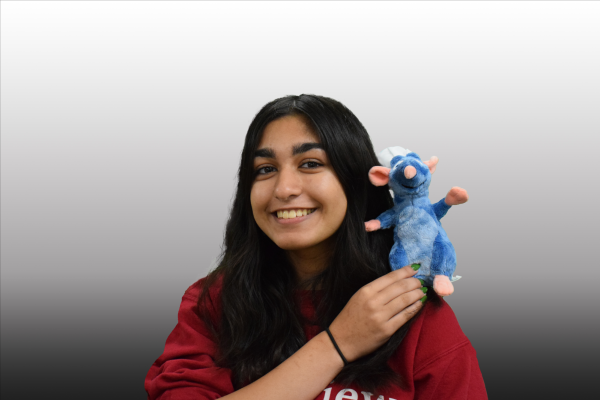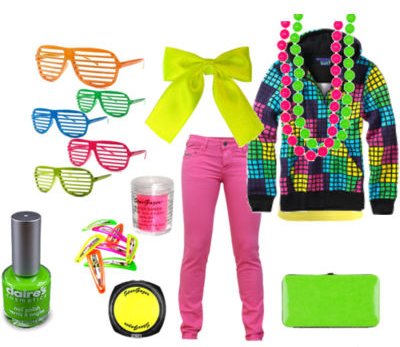Wardle’s Wordle Wins Over the World

In only a few months, Wordle has exploded from a side project for a few family members into an international sensation with millions of players. The browser game has gained recognition everywhere from Saturday Night Live sketches to St. John’s classrooms.
Wordle’s meteoric rise culminated on Jan. 31 when the word game’s creator, Josh Wardle, announced on his Twitter page that the New York Times had bought his game for an amount in the “low seven figures.”
Many current users are worried about changes to the gameplay or that the newspaper will put the game behind a paywall as it has with Spelling Bee and their famous crossword puzzle. Yet according to the New York Times, “Wordle will be free to play for new and existing players, and no changes will be made to its gameplay.”
“I don’t want anything that’s a hurdle to people playing it,” said Upper School English teacher Kristiane Stapleton. “But it’s hard not to be thrilled for the creator.”
Wardle, a 36-year-old software engineer from Brooklyn, programmed Wordle for his then girlfriend last year. The couple shared the game with family members and friends and, after receiving positive feedback, decided to release Wordle to the public in October. Wordle’s fanbase soared from dozens to millions in a matter of months.
The premise of the game is simple: every day, players get six attempts to figure out a five-letter word and are given hints in the form of colored tiles that allude to the position of letters. Many players, including Stapleton, appreciate the simplicity of Wordle.
“One of the things I love is that it’s so delightfully low-tech,” Stapleton said. “Part of what makes it so lovely is that no one has to pay anything. No one has to download anything. It’s just there.”
Unlike most word games, Wordle is not on a downloadable app. Instead, users must do a Google search to find the game on Wardle’s website, PowerLanguage.
Thanks to a fan-made online database, Stapleton has played around 130 archived Wordles. She plays new games every day, usually before school starts.
“If I wake up before my alarm, I’ll lay there and do it as a way to kickstart my brain,” Stapleton said. “If I don’t have a morning that allows for that, I will wind up doing it during a break in between classes.”
The once-a-day aspect of Wordle is one of the most unique facets of the game.
“It doesn’t feel like a time suck,” Stapleton said. “It feels like a little challenge.”
Freshman Addison Vine appreciates that the official Wordle website doesn’t have unlimited gameplay.
“Otherwise you’d just sit there and do it over and over.” Vine said.
What makes Wordle especially viral is its shareability. In December, Wardle added a feature that allows players to disseminate their results without revealing the letters themselves.
“You can share how well you’ve done to your family and friends,” said freshman Maxwell Gross. “The sharing technology is a lot more fun and smartly designed than a lot of other word games.”
Beyond competing with relatives, Stapleton enjoys the community aspect of Wordle and the shared experience of playing the game.
“I love that we’re all enjoying language together,” Stapleton said. “There’s something about being able to talk to other people about it that makes it feel more communal.”
Stephanie Caraway, who teaches seventh-grade English, sometimes starts her classes with the daily Wordle.
“It’s a great warm-up to get everyone on the same page,” Caraway said. “We’re all trying to do it together, so it builds community.”
When Caraway first found out about the game from a teacher outside the St. John’s community, Wordle’s fan base consisted of only a few hundred participants.
Seemingly, by the next day, there were millions of players. “It just blew up,” Caraway said.
Caraway attributes the unprecedented success of Wordle to its ability to give players a brief mental vacation.
“Even though it requires you to think, it can also take your mind off all the other things going on in the world,” Caraway said. “I think we need a brain break, as a collective whole.”
Some worry that Wordle will lose traction by the time the NYT fully incorporates Wordle into its platform.
“It got popular very quickly, and it’s going to lose its popularity,” Gross said. “That’s inevitable.”
Stapleton concedes that even though the Wordle craze may fade, dedicated fans will continue to play and enjoy the game.
“For some people, it’s going to come and go,” Stapleton said. “For other people, they’re going to keep playing it. There’s always going to be a core component of people who are interested.”

Aleena Gilani ('25) joined The Review in 2021 as a freshman. She is a big fan of Tootsie Rolls and the show Community.

Lucy Walker ('25) joined The Review in 2021 as a freshman. She enjoys discovering new bands and collecting stickers.













